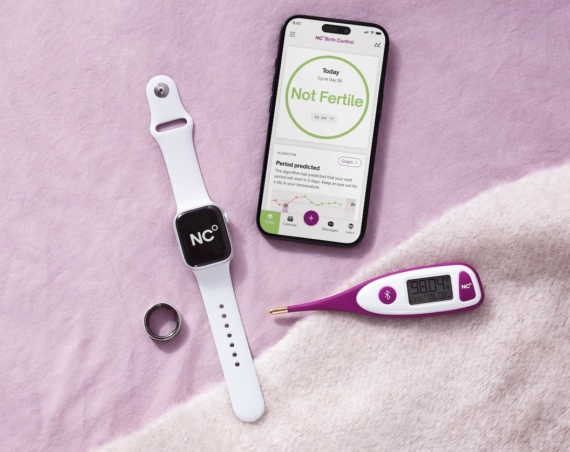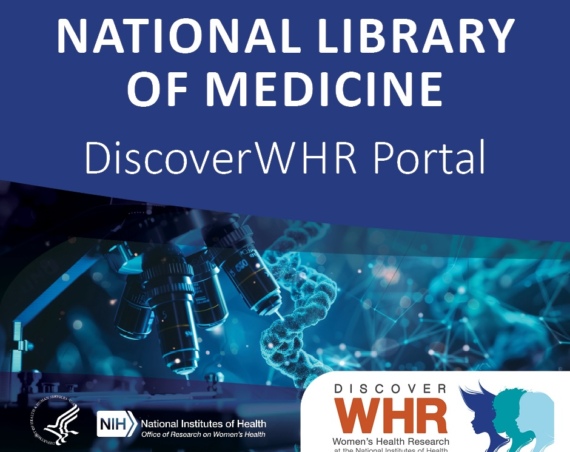
Merck, known as MSD outside the United States and Canada, announced today its funding support of a second cohort of nine city-based projects across the country — expanding its Safer Childbirth Cities initiative to additional communities that have a high burden of maternal mortality and morbidity to help improve maternal health outcomes and reduce racial inequities in care. The newly selected projects will focus on addressing maternal health needs in their respective city, including the impact of the COVID-19 pandemic on pregnant women and new mothers and will catalyze innovative approaches to ensure long-term change and support before, during and after childbirth.
Safer Childbirth Cities was launched in 2018 by Merck for Mothers, Merck’s $500 million global initiative to help create a world where no woman has to die while giving life. The multi-year effort aims to foster community-led solutions that will help cities become safer, more equitable places to give birth. The second cohort is building on an inaugural cohort of ten community-based organizations working in coalition with unique collaborators to improve maternal health in their cities based on locally-identified needs and advance evidence-informed interventions to increase maternal health equity.
Safer Childbirth Cities grantees are engaging communities to address the social determinants of health that contribute to disparities in maternal health outcomes, such as access to care and health literacy. Many city-based projects engage doulas and perinatal support workers to provide support beyond clinical care to women and families during pregnancy, childbirth and the months after.
“Since the inception of Safer Childbirth Cities, our grantees have made good progress to help strengthen maternity care systems in the U.S. thanks to the pioneering efforts of our initial grantees, and we are proud to expand this initiative to reach more people in need of high quality maternal care and support,” said Dr. Julie L. Gerberding, chief patient officer at Merck. “It is our vision that all women experience a healthy and safe pregnancy and childbirth. With strong local leadership and coordinated action among our growing group of collaborators, we will continue on our path forward to make this a reality.”
According to the World Health Organization (WHO), the United States is the only high-income country where maternal mortality is on the rise. Additionally, racial disparities are stark and persistent. According to the Centers for Disease Control and Prevention (CDC), Black, American Indian, and Alaska Native women are two to three times more likely to die from pregnancy-related causes than White women. Maternal mortality review committees across the country found that maternal mortality is not just a medical issue. Community factors – the conditions in which people live and work – contribute to poor maternal health outcomes.
“Our mission remains as critical as ever to help ensure every woman, regardless of their background or location, has equal access to quality maternal health care and services,” noted Dr. Mary-Ann Etiebet, lead and executive director of Merck for Mothers. “We are grateful to our current and future co-funders who make it possible to scale and sustain promising community-level solutions. With the second round of Safer Childbirth Cities, we hope to build on our collective action to fuel greater momentum for equitable maternal health and well-being.”
Since its launch in 2019, national grantees for the Safer Childbirth Cities initiative have included the Association for Maternal and Child Health Programs (AMCHP) and Ariadne Labs. They are joined by the National Birth Equity Collaborative (NBEC) in 2021. For the inaugural cohort, co-funders included the Burke Foundation, the Community Health Acceleration Partnership, Fondation CHANEL, The Nicholson Foundation, Rhia Ventures and the W. K. Kellogg Foundation. This year, additional co-funders joined the Safer Childbirth Cities initiative including the George Kaiser Family Foundation, Yellow Chair Foundation, among others.
“We are excited to be selected to participate in the Merck for Mothers Safer Childbirth Cities initiative,” said Marna Armstead, executive director of SisterWeb. “This initiative will provide SisterWeb with critical funding for the next three years as we continue to support Black, Latinx and Pacific Islander women who are giving birth in San Francisco during COVID, an unprecedented health pandemic.”
New City-Based Projects Include:
- Brooklyn, NY: Black Women’s Blueprint and collaborators will use a community-driven approach to define, design, and pilot a new model of primary maternity service delivery designed to promote equity and improve outcomes for Black, Indigenous and other women of color.
LEAD ORGANIZATION: Black Women’s Blueprint - Detroit, MI: The Greater Detroit Area Health Council and collaborators will build on existing community assets to foster conditions where Black mothers thrive by empowering Black women to advocate for their health needs and supporting care providers to reach their full potential in providing respectful and equitable care.
LEAD ORGANIZATION: Greater Detroit Area Health Council - Norfolk, VA: Urban Baby Beginnings and collaborators are reducing disparities for childbearing women of color by building data infrastructures for state and city officials, strengthening community-based support systems, connecting women to services provided by practitioners of color and raising women’s awareness of the importance of perinatal care.
LEAD ORGANIZATION: Urban Baby Beginnings - San Francisco, CA: SisterWeb and collaborators are increasing Black, Latinx and Pacific Islander women’s access to culturally-, racially- and ethnically-aligned doula care by providing health advocacy, wellness interventions and mental health services before, during and after birth.
LEAD ORGANIZATION: SisterWeb - St. Louis, MO: Jamaa Birth Village and Generate Health STL are increasing Black women’s access to culturally congruent holistic maternal health services by building a sustainable doula workforce and integrating doula care into existing health and hospital systems.
LEAD ORGANIZATION: Jamaa Birth Village and Generate Health STL - Tampa, FL: REACHUP, Inc. and collaborators are improving perinatal mental wellness and reducing racial and ethnic disparities in perinatal health outcomes by facilitating access to a holistic, inclusive and responsive continuum of care for women and their families.
LEAD ORGANIZATION: REACHUP, Inc. - Trenton, NJ: Trenton Health Team and collaborators are creating a robust system of data analytics to expand knowledge of maternal health challenges and enhanced doula services to support women experiencing high-risk pregnancies within Black, Latinx and immigrant communities.
LEAD ORGANIZATION: Trenton Health Team - Tulsa, OK: The Tulsa Birth Equity Initiative (TBEI) equips families in Tulsa to have healthy births with dignity and reduce maternal health disparities. TBEI and collaborators will leverage the influence, skills and experiences of local organizations to improve maternal health policies, data systems and service delivery systems for Black, Indigenous and justice-involved women and teens.
LEAD ORGANIZATION: Maternal Birth Equity Initiative - Washington, DC: Mamatoto Village and collaborators are strengthening maternal health care for Black women by developing an inclusive coalition of stakeholders and advocating for system and policy changes that expand comprehensive, accessible and high-quality perinatal support services and provide sustainable solutions to address homelessness and inequitable housing.
LEAD ORGANIZATION: Mamatoto Village
To learn more about the initiative, selected organizations, collaborators and co-funders, please visit SaferChildbirthCities.com.



